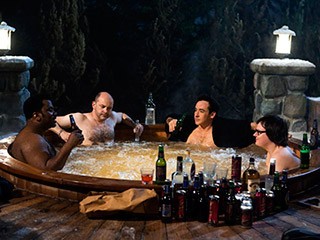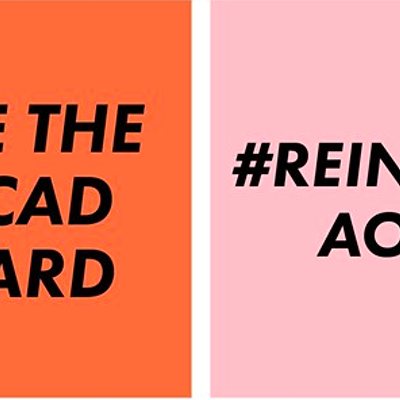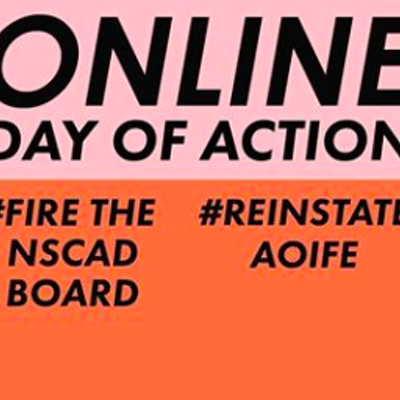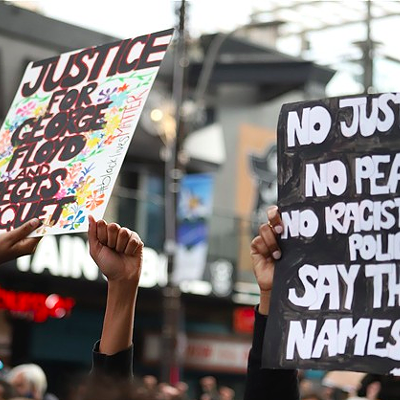It was heralded as if the government had finally turned on the lights and scatted the Bacchanalian pool party, cajoling public congratulations for tightening purse strings. Contrary to Community Services minister Denise Peterson-Rafuse’s statements saying that the policy was simply tweaked to close up a loophole, Dalhousie Legal Aid’s Claire McNeil says that DCS skirted public consultation and changed the law, scrapping access to critical health services for those most in need.
“It wasn’t a loophole, it was a law. Rather than the government implementing the law, they changed it.”
The department says that absolutely nothing has been taken away and repeatedly insists there are no cuts, however---hidden under all the hot tubs---the decision means that massage therapy, most non-emergency dental care and some prescription drugs will no longer be covered under the special needs program. The coverage is now strictly for drugs and medical services available under MSI and Pharmacare.
“If it were covered under the Pharmacare or MSI programs you wouldn’t need the program in the first place. It was a program of last resort,” says McNeil.
The department says before the amendment, 20-25 requests a year that fell outside MSI and Pharmacare were won by appeals, at a cost of $44,000 out of a total special needs budget of $45 million.
Cases such as those will no longer be accepted as they try to keep funds focused on legitimate needs for people’s health, says community services spokesperson Susan Tate.
Rafuse wrote op-ed in the *Chronicle Herald* to clarify their position echoing that the change was ensure equity and fairness to everyone.
However, McNeil says disability rights are not about providing equality---rather it’s accommodation that’s key. “Treating everyone identically is not equality; in the case of people with disabilities exceptions need to be made. To have a cookie cutter approach is probably harmful and certainly discriminatory.”
“It’s like saying ‘now the law is now *neither* the rich or the poor can sleep under the bridge.’”














